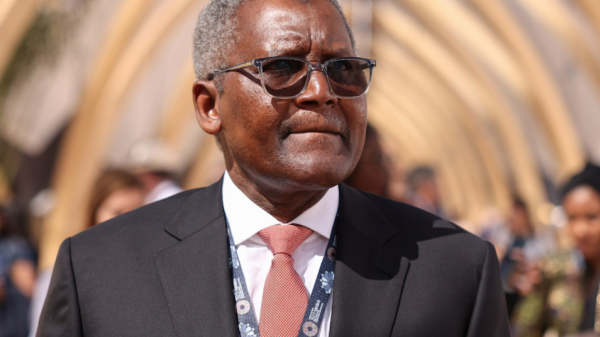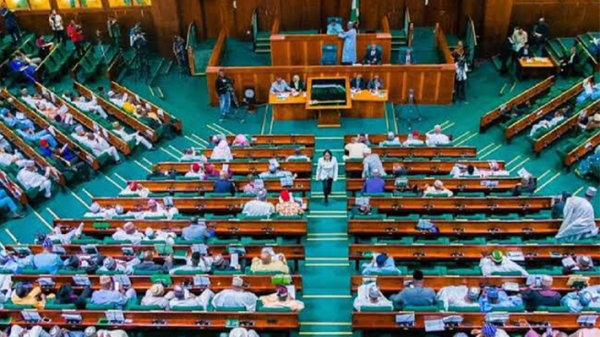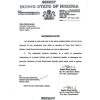A Brazilian Supreme Court judge has ordered the shutdown of the social media platform X, formerly known as Twitter, escalating a public feud with the platform’s owner, Elon Musk. The order was issued after Musk failed to appoint a legal representative in Brazil, as required by Brazilian law.
The dispute between Musk and Supreme Court judge Alexandre de Moraes has been ongoing for months, with tensions rising after X did not comply with court orders to block accounts accused of spreading misinformation and hate speech. The judge’s decision also includes a fine of 18.5 million reais (£2.5 million) and a daily penalty of up to 50,000 reais (£7,000) for those who attempt to access the platform using virtual private networks (VPNs).
The head of Brazil’s telecom regulator, Anatel, confirmed that it has received the court order and is moving forward with enforcing the suspension.
In response to the shutdown order, Musk took to X, accusing Brazil of being an “oppressive regime” and claiming that the country is attempting to silence “the #1 source of truth.” He further criticized the Brazilian government for allegedly trying to bankrupt anyone who challenges their authority.
Brazil is a significant market for X, with approximately 40 million users—around 20% of the population—using the platform monthly. However, the platform has faced challenges in the country, particularly since Musk acquired it in 2022 and began implementing changes that have led to a loss of advertisers.
Musk has accused Judge de Moraes of using illegal tactics to censor political opponents and claimed that his attempts to defend X in court were met with threats of imprisonment against the company’s legal representative in Brazil. He also criticized other members of the Supreme Court for not opposing Judge de Moraes’s actions.
Supporters of Judge de Moraes argue that his actions are lawful and intended to protect democracy in Brazil. They point out that Brazilian law requires foreign companies to have a legal presence in the country to address legal disputes effectively.
The situation has drawn significant attention, as it highlights ongoing debates about free speech, censorship, and the role of social media in modern democracies.
















































































































